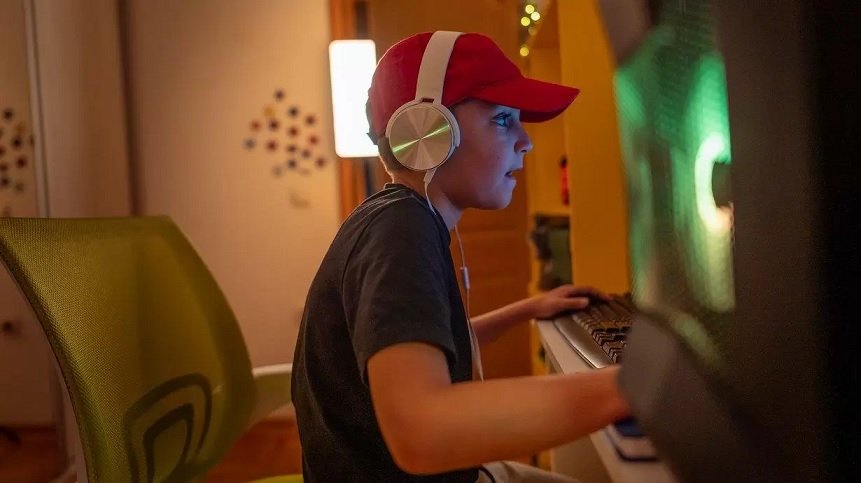Online gaming has grown into one of the largest entertainment industries in the world, bringing millions of people together to play, compete, and connect. Unfortunately, with this massive growth comes a darker side—toxicity. From verbal abuse in voice chat to cheating and griefing, toxic behavior is a challenge that impacts both players and developers. But what can be done to address it?
Understanding Toxicity in Gaming
Toxicity refers to negative behaviors that harm the gaming experience for others. This can include:
- Harassment and insults in chat or voice channels.
- Unsportsmanlike conduct like intentional feeding or leaving matches.
- Cheating and using unfair advantages.
- Exclusion or bullying of new or casual players.
These behaviors not only ruin the fun but also drive players away from communities and games they once loved.
Why Does Toxicity Happen?
There are several reasons:
- Anonymity: Players often feel safe hiding behind a screen.
- Competitive Pressure: High-stakes matches can bring out frustration.
- Lack of Accountability: Many games struggle to enforce strict consequences.
- Cultural Influence: Some communities normalize trash talk that can escalate into abuse.
What Developers Are Doing
Game developers are introducing tools to reduce toxicity, including:
- AI-driven moderation to detect abusive language.
- Report and penalty systems to punish repeat offenders.
- Positive reinforcement like rewards for good behavior and teamwork.
- Mute and block options to give players control over their own experience.
What Players Can Do
- Use reporting tools when encountering toxic behavior.
- Set boundaries by muting or blocking disruptive players.
- Stay calm and avoid responding with more negativity.
- Support teammates with encouragement rather than criticism.
Why It Matters
Toxicity doesn’t just affect individuals—it can hurt entire communities. A toxic environment discourages new players, limits inclusivity, and can shorten the lifespan of a game. Just as qq online and qqemas serve different audiences while maintaining positive engagement, online games need healthy communities to thrive.
Final Thoughts
Toxicity in online games is a complex issue, but it’s not impossible to address. Developers, players, and communities all share responsibility in creating a safer and more enjoyable environment. With better tools, stronger accountability, and a focus on positivity, online gaming can continue to grow—not just as a form of entertainment, but as a place where people feel welcome.




